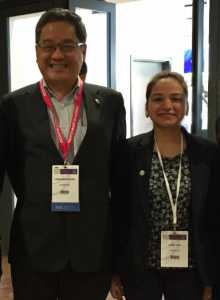Aging, Author Interviews, Neurological Disorders, PLoS / 18.04.2017
Human Behavioral Complexity Peaks At Age 25
MedicalResearch.com Interview with:
Dr. Hector Zenil
Co-director
Information Dynamics Lab
Unit of Computational Medicine, SciLifeLab
Center for Molecular Medicine
Karolinska Institute, Stockholm, Sweden
MedicalResearch.com: What is the background for this study? What are the main findings?
Response: The generation of randomness is known to be related to cognitive abilities. It has also recently been shown that animals can recur to random behaviour to outsmart other animals or overcome certain situations. Our results that humans can best outsmart computers in generating randomness at a certain age (25). The results correspond to what it was suspected, that cognitive abilities peak at an early age before declining and that no other factor was important.
We quantified a type of mathematical randomness that is known to be the true type of randomness as opposed to e.g. 'statistical randomness'. Something that is random is difficult to describe in a succinct way. Unlike 'statistical randomness', 'algorithmic randomness' does not only produce something that appears random but also that is very difficult to generate or produce. Conversely, something that may look random for the standard of statistical randomness may not turn out to be truly random.
(more…)

